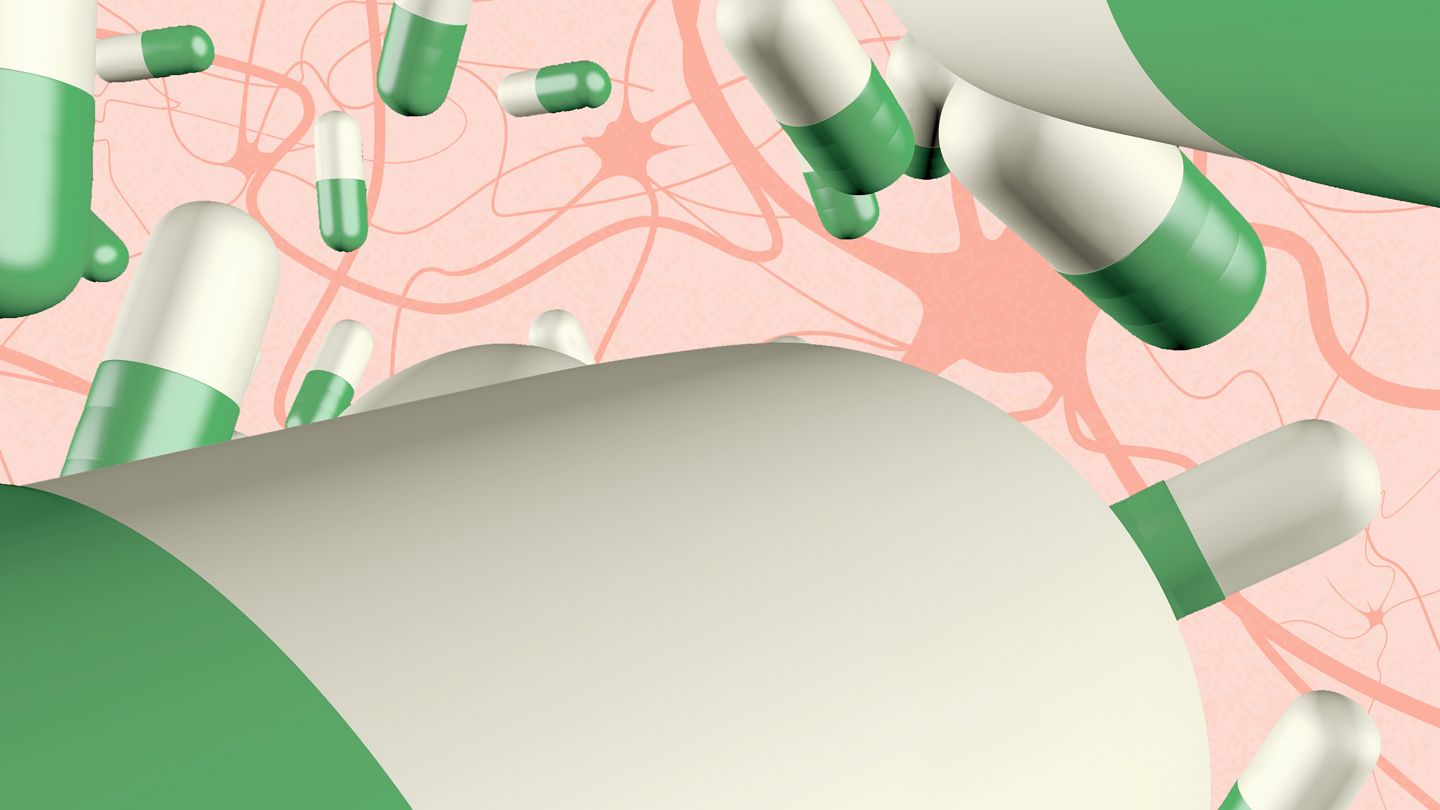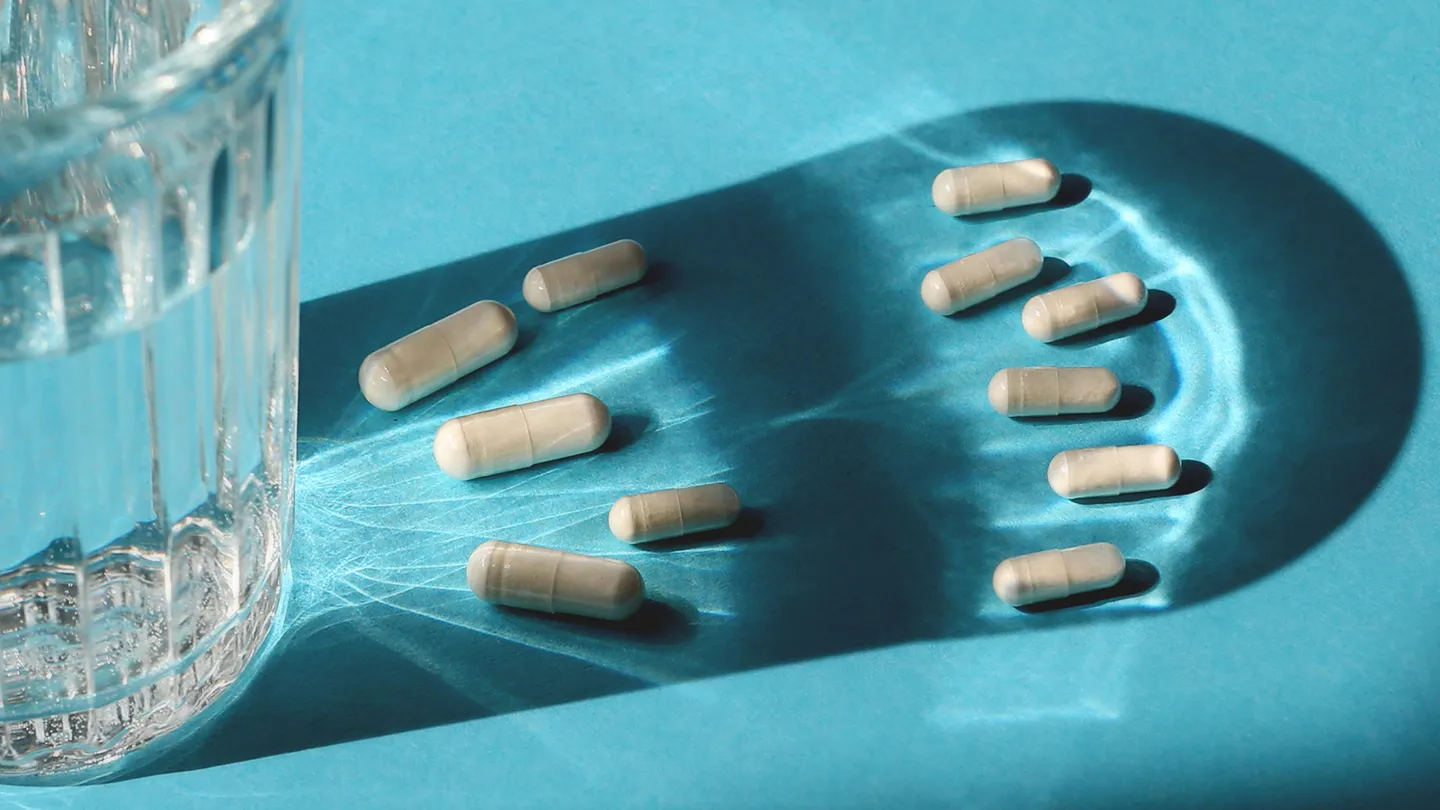Introduction
Depression can significantly impact your motivation and energy levels, making it hard to keep up with basic self-care tasks like showering. However, neglecting personal hygiene tends to make depression worse, creating a vicious cycle.
Showering regularly is an important piece of the self-care puzzle when you have depression. It can refresh and reenergize you while also preventing additional problems that can worsen mood.
If you struggle to find the drive to shower when depressed, youre not alone. Read on for tips and strategies to make bathing easier so you can start feeling more like yourself again.
How Depression Impacts Hygiene Habits
Its common for depression to sap your motivation, make you feel exhausted, and convince you that self-care isnt worth the effort. This often translates to decreased hygiene.
According to one study, around 40% of people with severe depression reported issues with personal care, including challenges with showering and bathing.
Depression diminishes energy levels and the desire to complete tasks, especially those that require effort but dont seem absolutely necessary in the moment. When youre feeling low, a shower can feel like a monumental chore.
Depression may also impact executive functioning skills like organization, planning, and problem-solving. Struggling with these cognitive abilities makes it tough to remember or carry out multi-step routines like showering.
On top of that, low motivation and negative thought patterns characteristic of depression may convince you that youre undeserving of self-care. This makes it all too easy to blow off showering.
The Vicious Cycle of Depression and Hygiene
Neglecting personal cleanliness tends to make depression worse, fueling a vicious cycle. Heres how:
- Skipping showers causes you to feel worse about yourself, reinforcing depressed thinking.
- Being unclean creates social isolation and anxiety about how you smell or look.
- Not bathing leads to skin irritation, infections, and other issues that worsen mood.
- You have less motivation to leave home or be around others when unhygienic.
All of these factors reinforce depressed mood and make it less likely that youll find the drive to shower, much less leave the house or socialize.
Breaking this cycle is essential to both your physical and mental health when depressed. Implementing hygiene habits takes effort, but pays off in the long run.
Why Showering Matters for Depression
Showering when youre dealing with depression might sound trivial, but it offers benefits that aid the recovery process.
Refreshes Your Outlook
A warm shower can make you feel refreshed, relaxed, and more positive. Even a quick rinse-off can be rejuvenating.
Letting water run over your body awakens your senses and washes away physical tension. Using pleasant-smelling soaps engages your sense of smell to further energize you.
Simply feeling clean can lift your mood and outlook when depressed. A shower resets you for the day ahead.
Boosts Self-Esteem
When depressed, its easy to neglect self-care that reinforces your value. Showering demonstrates that you matter.
Being clean enhances self-esteem since you look and smell your best. Its a reminder that you deserve to be refreshed and cared for.
Making the effort to maintain hygiene communicates self-worth, which is greatly beneficial for combating depressed thoughts.
Prevents Health Issues
Showering regularly prevents skin irritation, body odor, greasy hair, and other hygiene-related issues.
Neglecting bathing raises your risk for problems like:
- Body acne
- Skin infections
- Matting and hair loss from infrequent washing
- Body odor
- Skin irritation
- Urinary tract infections or vaginitis from poor genital hygiene
These issues can worsen mood and self-esteem when depressed. Showering helps avoid these common side effects of inadequate hygiene.
Enables Social Interaction
When you feel clean, youre more likely to interact with others instead of isolating yourself. This social connection is vital when depressed.
Showering gives you confidence that you smell fresh, look put together, and have clean hair and skin. This makes it easier to motivate yourself to see friends and family.
Being socially engaged provides mood-boosting benefits that aid depression recovery.
Tips to Make Showering Easier When Depressed
If you struggle to consistently shower while depressed, small changes can make it more manageable.
Lower the Effort Required
Simplify your routine so that bathing requires less energy and steps.
Options to reduce effort include:
- Installing a shower chair or bench
- Using a detachable showerhead for easier hair washing
- Prepping towels, clothes, and toiletries within arms reach of the shower
- Showering at night to skip hair drying and styling
- Wearing a shower cap so you only have to wash your body
The easier you make showering, the more likely it is youll follow through when depressed.
Schedule It
Rather than waiting for motivation, set a firm time to shower each day.
Put it in your calendar and set a reminder. This makes it an essential to-do instead of an option.
Integrate it into your routine at the time you tend to feel most energetic, often morning or night. Habit-stacking it after an existing habit like breakfast or brushing your teeth can also help.
Make It More Enjoyable
Using pleasant fragrances, luxurious textures, or fun accessories makes showering more relaxing and appealing.
Possibilities include:
- Citrus or eucalyptus shower gels
- Soft microfiber towels
- Essential oil shower bombs
- A waterproof speaker to play music
- Fun showerheads with different settings
When you associate showering with a spa-like experience, it becomes something to look forward to rather than avoid.
Focus on One Area at a Time
On days where a full shower feels impossible, just washing one part of your body is better than nothing.
Wiping down with a washcloth or using dry shampoo on your hair takes little effort but still gives you a refresh.
Another option is to just stand under the water for a few minutes without actually bathing. This can still relax and reenergize you.
Make Post-Shower Comfy
Having cozy, clean clothes and linens to change into makes showering more motivating and rewarding.
Options include:
- Putting clean sheets on your bed
- Wearing soft leggings or a robe afterward
- Lighting candles and playing calming music
- Making yourself a comforting hot drink
Knowing youll feel peaceful and cared for after your shower makes it seem more enticing.
Enlist Support
Ask loved ones to periodically check or remind you to shower. Tell them how important it is for your health.
If
FAQs
Why is it hard to shower when you're depressed?
Depression can sap motivation, energy, and problem-solving skills needed to complete hygiene routines. Negative thoughts may also convince you that you're undeserving of self-care.
Does skipping showers make depression worse?
Yes, lacking hygiene can worsen depression by damaging self-esteem, causing isolation, and leading to other health issues that negatively impact mood.
When is the best time to shower if you're depressed?
Try showering when you tend to feel more energetic, often morning or night. You can also put it in your calendar to make it a habit.
What makes showering easier when depressed?
Strategies like lowering effort, making it more enjoyable, breaking it into smaller tasks, and asking others for reminders can help overcome obstacles.
Should you see a doctor if you can't shower due to depression?
Yes, if inability to maintain personal hygiene persists, consult your doctor. Certain medications, therapies, or lifestyle changes may help.
Disclaimer: This article is for informational purposes only and does not constitute medical advice. Always consult with a healthcare professional before starting any new treatment regimen.
Related Coverage
Wellbutrin can cause troubling brain fog symptoms like mental fatigue, poor concentration, and memory problems. Learn why it happens and how to manage it....
Lexapro can take 4-6 weeks to work fully but most people see some improvement after 1-2 weeks. Factors like dose, age, and severity of symptoms impact how long it takes....
Learn the key characteristics of a smooth, healthy natural nail surface. Discover what causes abnormalities and when to see a doctor for nail surface changes....
Certain commonly used phrases can be hurtful to marginalized groups. Here are 10 things not to say in 2022 and more mindful alternatives to use instead....
Certain jobs may have higher rates of workplace depression due to factors like stress, poor work-life balance, lack of fulfillment, and limited social interaction....
Escitalopram can potentially cause mild sedation or improved mood that may feel like a high, but it has low abuse potential. Learn about side effects and safe usage....
Examining ashwagandha's effects on emotions, including evidence for mood stabilization, risk of emotional blunting, safety considerations, and how it compares to antidepressants....
Ozempic can safely be left out unrefrigerated overnight or up to 4 weeks when stored below 86°F. But consistent refrigeration optimizes effectiveness and shelf life....
Learn the pros and cons of taking citalopram at night vs. morning. Discover how to minimize side effects and optimize your antidepressant treatment response....
Learn where to buy dried graviola leaves and how to use them to make tea. Get info on the health benefits, traditional uses, safety, and side effects of this medicinal plant....









